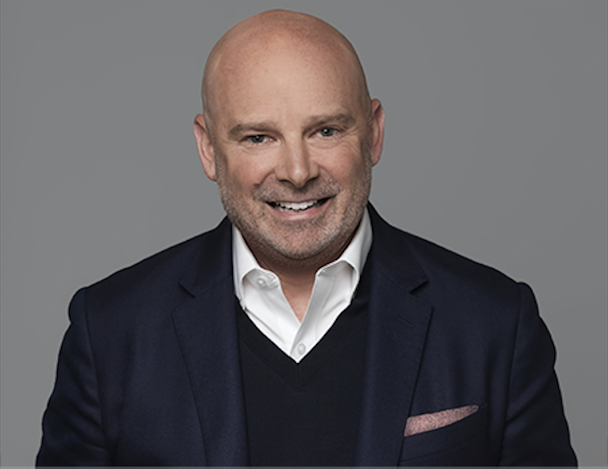2020 lesson learned: Real leaders don’t pretend they know everything
Exposing a little weakness. Being vulnerable. Not acting like you know all of the answers. These certainly don’t seem like typical leadership traits. Merkle’s global chief executive officer Craig Dempster explains why being human was essential in 2020 and beyond.

In the industry, we often talk about how a brand’s reaction to “times like these” can make or break the business. And as a leader of a company, that notion hits close to home. Ultimately, it’s my decisions and actions that steer the brand’s course. So, while my burden doesn’t weigh as much as, say, developing a Covid-19 vaccine, there’s a certain gravity to the responsibility of running a profitable business and championing the careers of thousands of employees. I am by no means perfect, and I don’t have all the answers. But as a passionate believer that a company is only as strong as its culture, I have approached this past year intent on preserving a culture of compassion, with the belief that business is personal. These are a few practices I always try to live by as a leader, but even more so during times of adversity.
Visibility is key
I would argue the most important habit for a leader is being present and available. This is particularly important (and especially difficult) when everyone is working from home. More than ever, people want to understand what’s going on, but the water cooler is dry, and the open-door policy is virtual at best. You must provide frequent communications and a platform that allows for two-way dialog, or you’re contributing to the instability, speculation, and fear.
Beginning in March 2020, I began hosting weekly all-hands Zoom calls, where I talked “face to face” with employees about everything we knew – and didn’t know – giving unfiltered answers to their questions. Over time, these meetings have moved to monthly, and they will continue as a valuable part of the organization’s internal communication strategy.
The need for authenticity is, well, real
Empathy. Transparency. Authenticity. These leadership qualities are even more critical when navigating through unprecedented times that impact all of your employees. Trust builds trust. When you put yourself out there, openly and honestly sharing brutal truths, you build a sense of camaraderie that strengthens bonds, even from a distance. People want to become part of the solution, rather than a detractor.
Roll with the changes
In times like these, it is crucial that you respond quickly and make the necessary changes that will preserve the stability of your organization. Make informed decisions that you believe will create the greatest long-term impact for your organization. They may differ by company and by cultural norms, but doing nothing is not an option. You have to live with the risk of making a wrong decision and balance that risk with the potential benefit of getting out in front of a likely problem.
Don’t sacrifice the future to solve today’s problems
Yes, when in crisis mode, you have to stop the bleeding. But you must balance the need to understand and address the current environment with the imperative to plan for the future – to set a vision for the business that evolves and transcends the time of adversity. When you balance the present with the future, you’re usually out ahead of your competitors who are stuck in the moment. You also provide a sense of security and excitement for the future of your organization, instilling hope in your staff – something to reach for, look forward to.
You don’t know everything
Be a ferocious learner on the topics that are impacting your industry and organization. That’s never been truer than with today’s unfamiliar territory of global pandemic, economic uncertainty, and social unrest. For example, I have been on a personal journey, seeking a greater understanding of diversity and equity and inclusion. I’ve spent so much time educating myself – talking to employees and others who’ve had diverse experiences and reading and watching content on the topic. It’s really important to be to be vulnerable here. You only know what you know, and you shouldn't pretend to know more. A constant learner is a better leader.
You’re only human
Seek to humanize yourself to the organization by sharing the personal and business challenges you face that you know others are also dealing with. I’m a husband and father and business leader facing the same dilemmas of working and schooling from home. It doesn’t have to be embarrassing to expose a little weakness. A little self-deprecation can be humanizing and create greater connectivity, understanding, and trust within the community you’re trying to create.
